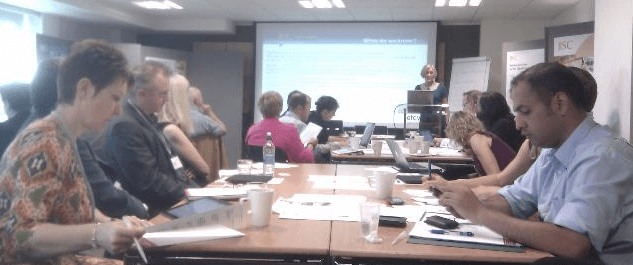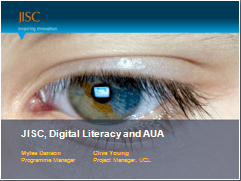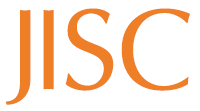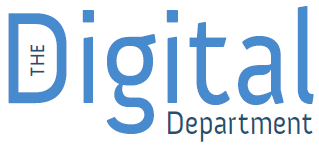Digital literacies and ownership
By Clive Young, on 12 October 2011
 Last week our TDD team spent an extravagant amount of time at JISC events as part of our membership in their Digital Literacies programme. In the Programme Start-up in Birmingham meeting (left) we gave an ‘elevator pitch’ for TDD and met the other 11 projects in the programme. We learned that there was only a one in seven success rate for proposals and I think we all felt quite privileged to be included.
Last week our TDD team spent an extravagant amount of time at JISC events as part of our membership in their Digital Literacies programme. In the Programme Start-up in Birmingham meeting (left) we gave an ‘elevator pitch’ for TDD and met the other 11 projects in the programme. We learned that there was only a one in seven success rate for proposals and I think we all felt quite privileged to be included.
Listening to the other 11 elevator pitches we picked up some fascinating ideas but also felt that TDD was slightly dissimilar to the others. While all were innovative of course we generally felt had a very clear target audience (I don’t think any of the others were working so specifically with staff), a defined and existing community to work with, an unusually focused set of literacies to focus on and in our certification model both a concrete outcome and clear a success indicator.
We also learned much about benchmarking current practice and also evaluating to detect change but what struck me was the broader discussion about the context of digital literacies and where TDD fits in.
The first issue is one of ownership. The main model of digital literacy so far if one of personal ownership. This is not surprising as the model has derived from students’ literacies which by definition have to be both portable (able to be decontextualised from the programme of study) and transferable (able to be applied) to work and further study. Thus one definition of digital literacies goes “the sum of capabilities an individual needs to live, learn and work in a digital society”. However the TDD model of literacy, although still ‘owned’ by the individual – hence our emphasis on portfolios and certification – is both contextualised and integrated. Thus we can begin to think of complementary literacies within a stable enterprise, in our case a department. If we have highly digitally literate TAs how does this affect the literacy practices and requirements of the students and academic staff that surround them? I suspect this question will arise repeatedly throughout the project.
 Close
Close



 JISC
JISC 

